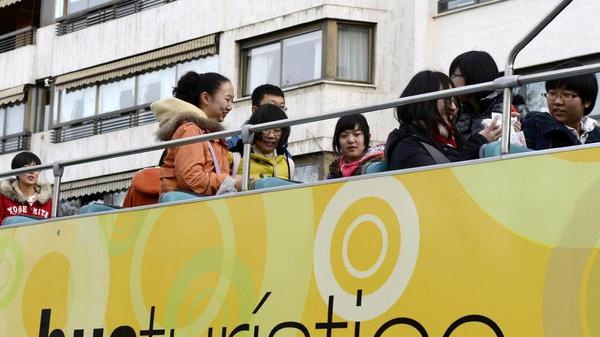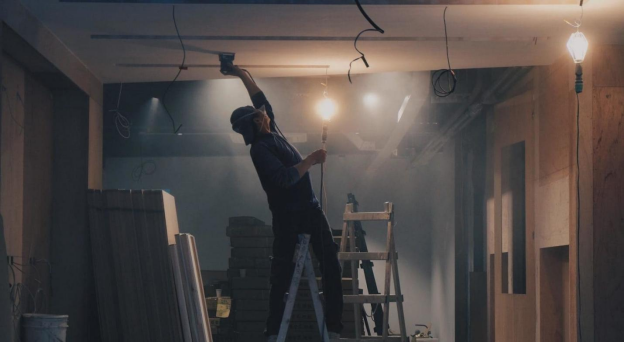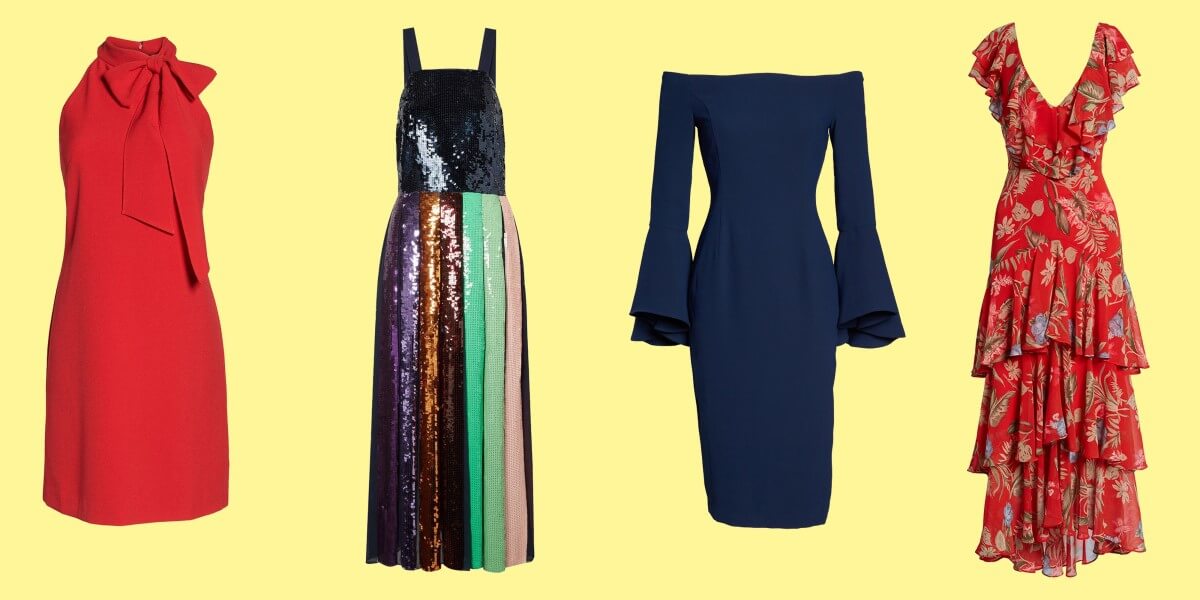The plot derived from the phenomenon 'daigou', which consists of buying items, mainly luxury items, outside of China to sell them to the nouveau riche of the Asian country with a significant surcharge lands in the Spanish courts. The trigger was the complaint filed by the store manager of a subsidiary of Louis Vuitton (LVHM). She was fired for allegedly refusing to sell these products to Chinese citizens. Official version that, on the other hand, contradicts the existence of an express prohibition -although not written- imposed from the European leadership of the company.
According to the facts verified by La Información, the turnover of all the brands of the Louis Vuitton group and Celine in particular, the firm for which the affected person worked, comes largely from sales to people of Chinese nationality. And within these, a good part correspond to transactions with "re-sellers", in charge of buying luxury bags in Europe that they then sell in China. It is a very lucrative business, given that these same items cost 30% more on average there, although obviously prohibited by the brands.
Now, in order to recover the income lost during the pandemic, Celine would have been selling the 'stock' of European stores directly to Chinese companies, thus bypassing the intermediaries. To prevent the distributor in China from suing the European subsidiary on suspicion of committing an illegal activity, a 'conference call' was convened on April 12, 2021, in which 35 people participated, including all the store managers of Europe.
In this conference, direct orders were given on how to proceed in sales to people of Chinese nationality. Among other guidelines, it was requested not to sell any of the bags most in demand by these customers -the 'Triomphe Canvas' line, with bags that cost a minimum of 1,400 euros-, and more specifically to 'resellers'. In fact, only the sale to local customers should be authorized alleging a tension in the 'stock'. Only in cases where a claim was threatened could this guideline be breached.

The employee, who worked as 'store manager' of the Celine corner in El Corte Inglés de la Castellana (Madrid), refused to comply with this prohibition. Faced with this refusal, the company reacted by opening a disciplinary file that, a few weeks later, led to the termination of his employment contract alluding to serious misconduct. Faced with this version, the litigant claims that the dismissal should be declared null as it is a clear case of retaliation.
Wheel of Life: How to Set Meaningful Goals | EntreLeadership https://t.co/2MGIZ4c3Ze
— richardfhicks Mon Aug 19 15:19:39 +0000 2019
Based on this background, the first trial was held this Monday. During the session, several company employees went to the first instance to testify in favor of their boss. They came to allege that, despite the fact that these sales are officially prohibited, they continue to take place after their departure to attract these 'valuable' clients, key in the turnover of many of these exclusive brands.
Moreover, they assured that sometimes they are forced to falsify the purchase data, including documentation that does not correspond to the client. In an email signed by these workers, to which La Información has had access and which has been sent to the directors of the company in Europe, it is detailed how this Chinese plot continues to function, in which employees of this company have allegedly also participated. nationality.
These point to the acting director of the store as responsible for a very serious situation that happens to be counterfeiting. "After the dismissal of our manager, my team has been asked to make false records of Celine clients. The objective is to hide the fact that 80% of our clients are of Chinese nationality and register these sales in the name of Spanish clients (or other nationalities). ) that do not exist so that the objective that they have given us of only 10% of our clients being Asian is met," they say.
The resale of luxury products in Asian countries, mainly China, moved in 2019, before the coronavirus pandemic, 88,000 million euros, according to the digital marketing research firm Nielsen, and despite the fact that it is a prohibited practice -it is considered a 'grey market' - has become an opportunity for some luxury brands to be present in China and boost their turnover. In the exclusive shops of Paris, Madrid or Milan, these items are cheaper than in Asia or cannot be found there, hence their high demand.
In spite of everything, this praxis can end up generating more problems than benefits for companies -especially reputational ones- and behind it criminal acts such as money laundering can take place, as evidenced by the 'Shopping' operation of the National Police, which is a framework in which businessmen Chinese used the 'daigou' method to take out of the country the amounts that were not taxed. They did it through the figure of the so-called 'shopper', who are normally young people residing outside their country who are dedicated to the online sale of luxury products that they buy en masse in exclusive establishments, obtaining in exchange a commission for their intermediary work.




